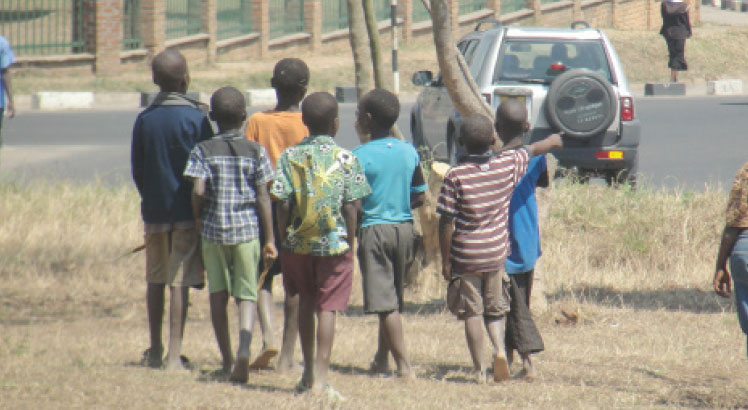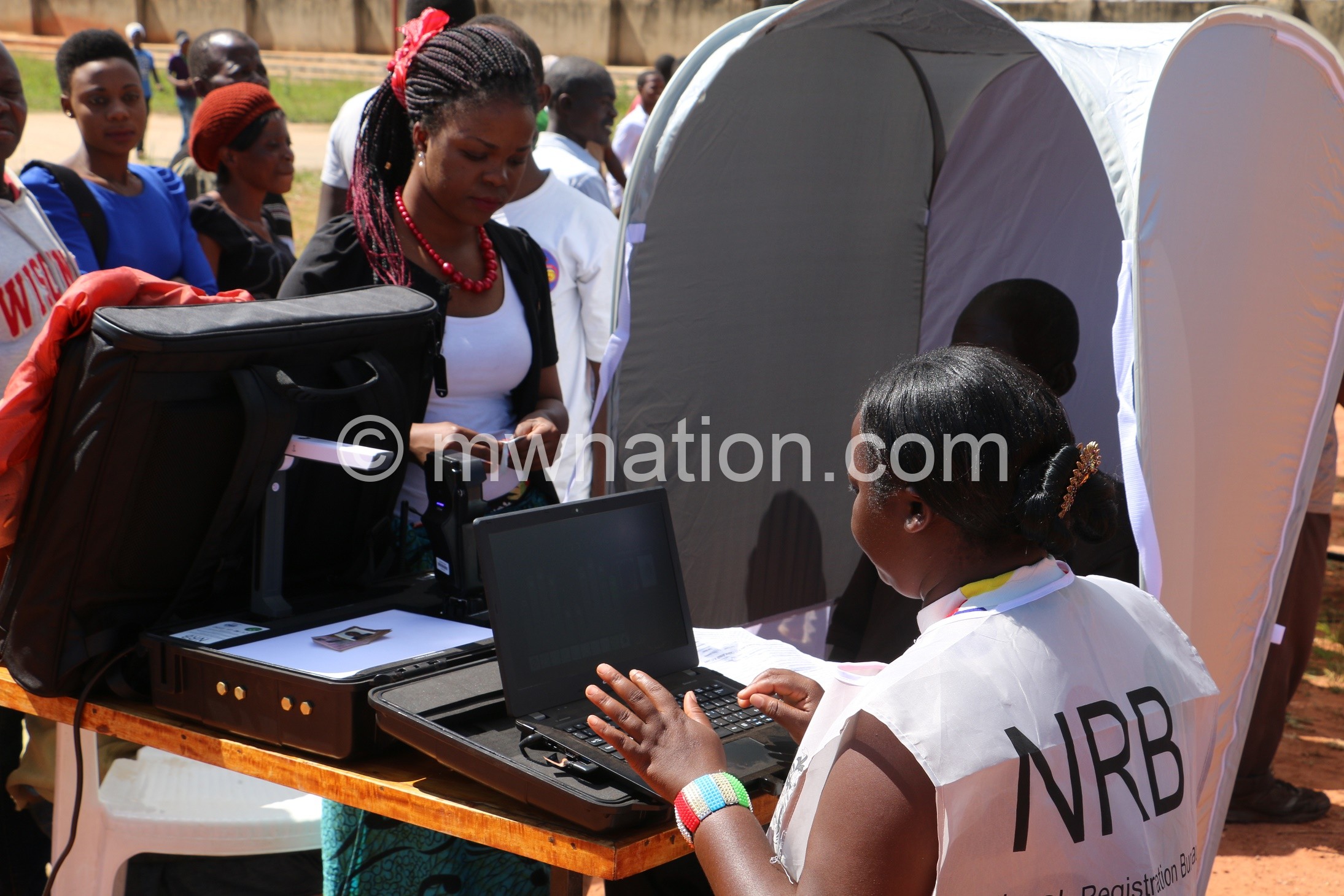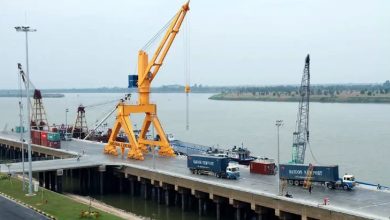CGAL for mechanised cotton farming
Cotton Ginners Africa Limited (CGAL) has scaled up its efforts to increase cotton production in the country’s cotton growing areas.
As part of the initiative, the ginning company has embarked on a $2 million (about K1.3 billion) tractor hire scheme, complementing a similar government scheme that was boosted with 34 tractors by the Indian Government recently.
According to experts, Malawi stands to improve cotton production if farmers adopt new cotton technologies such as use of mechanised farming.

CGAL managing director, Spencer Zinyemba, told Business News in an interview on Wednesday that the project, which was piloted three years ago, is on course, highlighting that currently the company is registering farmers with a hectare and above to justify mechanising cotton farming.
He noted that cotton seed planting is always late due to late land preparation owing to human labour, which he said is getting scarce and expensive, adding that field operations such as weeding are not timely.
“We believe that mechanisation would work out cheaper and more effectively because with this technology ploughing newly-opened land can be simpler and cost-effective other than hand labour,” he said.
He added that the coming in of the tractor scheme at CGAL is expected to ease pressure on the government project, thereby increasing the cultivated land size and improve yields.
According to Zinyemba, the company is buying 20 tractors, two of which are already in the country and in use. He said the two tractors are being accessed through the company’s regional managers who consolidate the demand per region and plan accordingly.
Secretary for Agriculture, Erica Maganga, has since commended the ginning company, saying the tractors will complement government programmes and initiative to ensure food security and creation of wealth.
Maganga described the programme as a step towards the realisation of a transformed agriculture sector in Malawi, saying lack of mechanisation is said to be one of the major challenges affecting the agriculture sector in Malawi.
“Mechanised farming increases productivity and tractors are crucial to a country like Malawi where human labour is becoming scarce.
“The tractors will help to improve people’s lives as they will save time spent in farms by offloading it to other farming activities,” she said, urging other companies to emulate the good cause.
Cotton production has been faced with low output with records indicating that in the 2011/12 season, Malawi produced 100 000 metric tonnes (mt) of cotton before output fell by half to 45 000 mt in 2012/13 season.
The output last year was 45 000 mt, but this year it is expected to register a slight increase of 49 000 mt.
Experts have, however, argued that the crop has an economic potential and could rake in substantial amount of foreign exchange, in excess of $500 million (K306 billion) per annum, more than what the country gets from the main export crop, tobacco.
The crop which is largely grown by smallholder farmers in Chikwawa, Nsanje and some lakeshore areas is estimated to be grown on 80 000 hectares in Malawi and accounts for seven percent of farming families, according to government statistics. n





